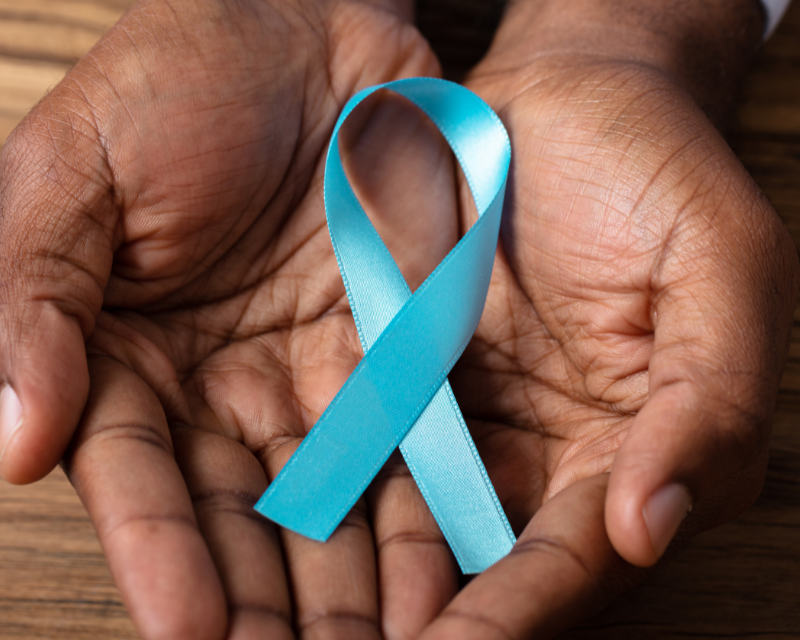
Language matters. Word choices are powerful. This is particularly important to keep in mind in the work of reducing and preventing human trafficking and supporting survivors. The way in which human trafficking is described or discussed can – often despite the very best intentions – feel tokenizing or triggering to survivors when they have gotten out of their situations and are working to heal. Even worse, the language we use could prevent victims from recognizing that they’re in a trafficking situation in the first place, which ultimately prevents them from reaching out for help.
We know this because we asked survivors in detail about word choices and ways of thinking and talking about their experiences. They shared what they knew so that journalists, artists, advocates and activists could also take the time and make the effort to examine the language we all use when talking about human trafficking. It begins with how we tell the story. The quotes below come from interviews with the survivor experts who informed this piece. Read below, then go to Telling the Real Story of Human Trafficking to learn even more.
1. Language can harm victims by preventing them from recognizing they’re in a trafficking situation.
“Words like ‘rescue’ turn people off from getting help. It’s too dramatic, like you’re hanging off a side of a cliff. But when you are in the situation, you don’t think you are being trafficked, you just think this is your life. So you don’t recognize yourself.”
Human trafficking rarely begins with a kidnapping by a stranger. Instead, it often involves the subtle manipulation and coercion into trafficking by someone the victim knows and trusts. The result is that for much of the time they are in the trafficking situations, survivors do not see themselves as victims needing to be “rescued” or “saved” in any physical sense, so they assume the services and supports available to trafficking survivors have nothing to do with them.
2. Language can shape public perception of how human trafficking happens.
“Understanding what happened to you as trafficking is a really important part of healing, but it took me 10 years to realize: Hey. Wow. I was trafficked, because my situation was so different from what I had seen represented as trafficking.”
When we use phrases like “break chains” paired with imagery that reinforces harmful stereotypes, such as victims in physical constraints, we paint a picture of how human trafficking often looks that is not what the majority of survivors experience. Not only does this narrative prevent victims from self-identifying, it can also trigger a trauma response for survivors as they’re reminded of what it feels like to be less-than-human.
Similarly, when we use phrases like “human trafficking is happening in our own backyards” and “human trafficking is hidden in plain sight,” we neglect to recognize that certain individuals and communities are far more vulnerable to trafficking than others. While its true that anyone can be a victim of human trafficking, human trafficking doesn’t happen in a vacuum and is the result of other persistent injustices and inequities in our society and economy.
Sign up to learn more about human trafficking and how you can help
3. Language can place blame on victims and survivors.
“One thing I find hard to take is language or pictures or stories about ‘innocence lost.’ I feel like that means some victims are worthwhile and some are ‘guilty.’”
Our language can shape the way people perceive the story about human trafficking, as well as who is to blame. We may unknowingly place blame on survivors simply by how we frame our narrative or construct our sentences. For example, saying “he sold sex” versus “he was sold for sex” changes the way we interpret the situation. Additionally, saying “she was trafficked by him” versus “he trafficked her” changes who is doing the action and is more survivor-centered.
4. Language can perpetuate saviorism.
“You can’t rescue a person being trafficked. What you can do is create an opportunity for that person to leave.”
Trafficking survivors don’t need to be saved. Instead, they need to be supported as they leave their trafficking situation and access to services that allow them to rebuild and heal. When we use terms like “rescue”, “save”, and “set free”, we are perpetuating a savior narrative that centers us over survivors.
5. Language can neglect to recognize the inherent strength of survivors.
“One thing that drives me crazy is the whole idea of being a voice for the voiceless. I had always had a voice, even when I was being trafficked, so I find that offensive.”
Survivors have a voice. Full stop. Phrases like “voice for the voiceless” are not only offensive, but they are inaccurate. Survivors are not voiceless and it’s well past time that we listen to them.
“It’s long past time to replace “rescue” with resiliency. I mean do we really think that these programs… are the reason a person who has experienced such trauma is successful? No. Not at all. A person’s success in healing belongs to them and is thanks to them. Period.”
Language is ever evolving and adapting to new language can be hard, but it is critical that we listen to and center the experiences of survivors in order to help them rebuild and heal, and change the systems that prevent human trafficking from happening in the first place.
We recognize that the language we’ve used to talk about human trafficking in the past has likely been well intentioned, but as we continue to center survivors in our work, language is another place we have to listen.
Learn more about telling the real story of human trafficking in our media guide.

Stop human trafficking today
Help fix the broken systems that make trafficking possible so we can prevent it from happening in the first place.


